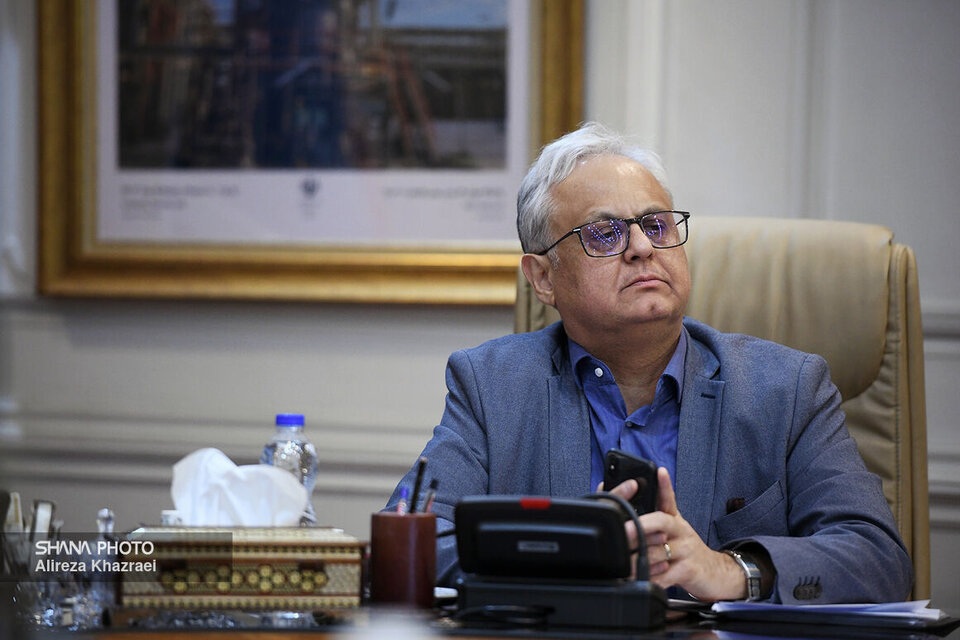Speaking to reporters on Sunday on the sidelines of the 26th Ministerial Meeting of the GECF in Tehran, Afshin Javan pointed to collaboration among GECF member states, noting that Iran and Russia are advancing joint research and project initiatives within this framework.
Referring to natural gas as a bridge between traditional and modern energy systems, Javan said the fuel plays a pivotal role in the global energy mix. He highlighted that GECF members hold 70% of the world’s gas reserves, account for 40% of its production, 47% of pipeline gas exports, and 51% of LNG exports.
Javan noted that GECF has been progressing since 2009 and is steadily increasing its share in the global energy portfolio, particularly among fossil fuels. He projected a bright future for natural gas in the energy market.
He also underlined the significance of high-level delegations attending the Tehran meeting, including ministers and deputies, which he said conveys a strong message about the growing maturity and cooperation within the forum. Javan expressed hope that with the inclusion of new members, the GECF would continue to strengthen.
Addressing the global energy landscape, Javan remarked that renewable energy sources complement, rather than replace, natural gas and oil. He added that fossil fuels would remain critical to the global energy mix at least until 2060 or 2070.
The 26th Ministerial Meeting of the GECF is currently underway in Tehran.
The GECF comprises 12 member states and eight observers. Full members include Iran, Russia, Qatar, Algeria, Bolivia, Egypt, Equatorial Guinea, Libya, Nigeria, Trinidad and Tobago, the United Arab Emirates, and Venezuela. Observer members are Angola, Azerbaijan, Iraq, Malaysia, Mauritania, Mozambique, Peru, and Senegal.


Your Comment